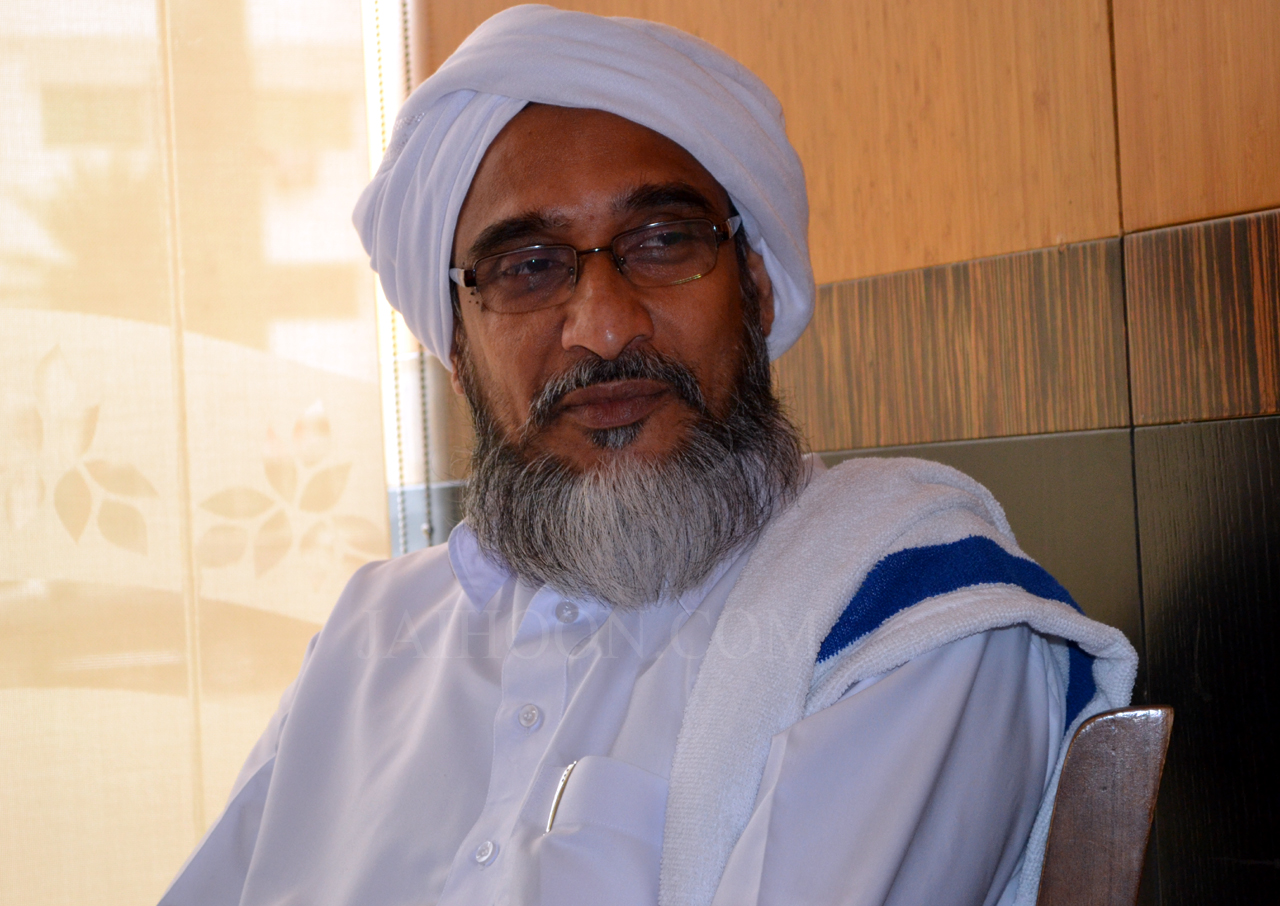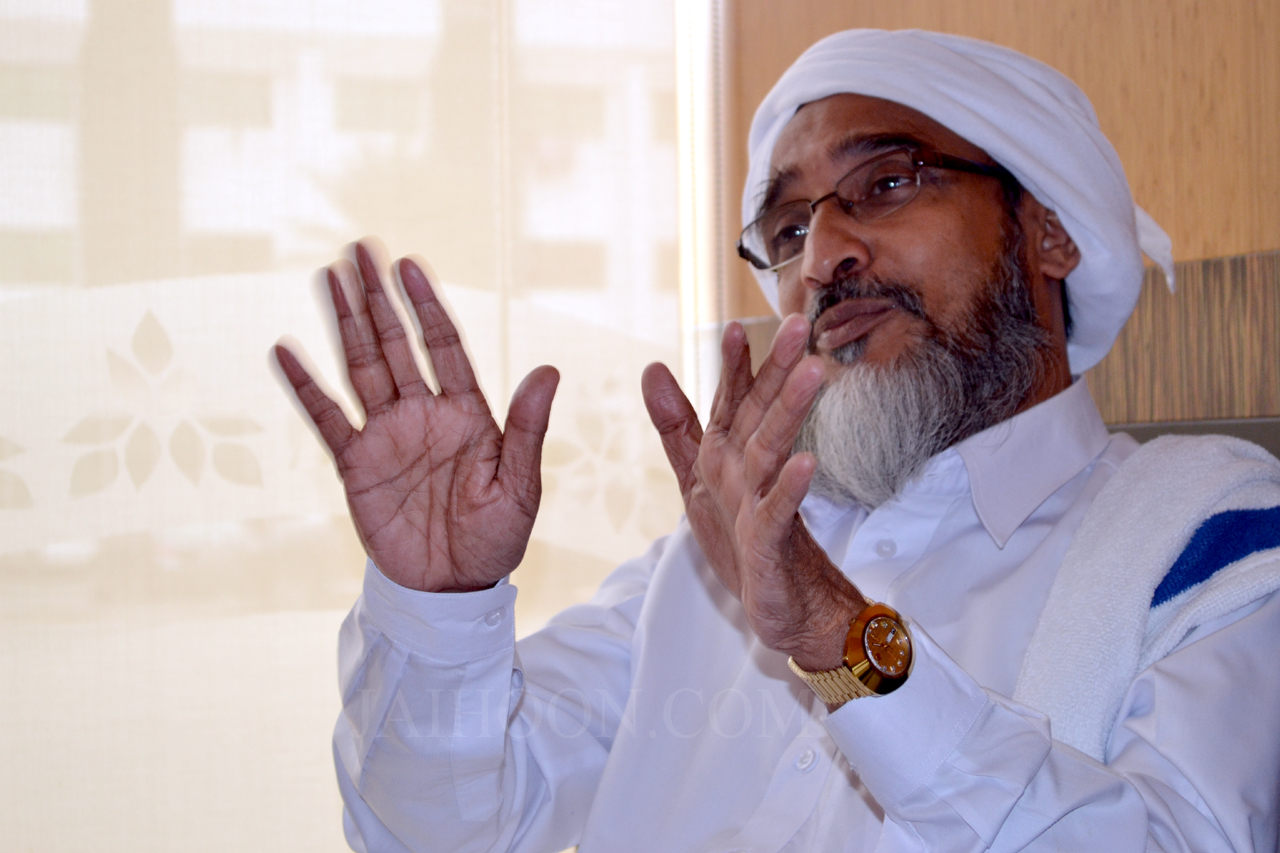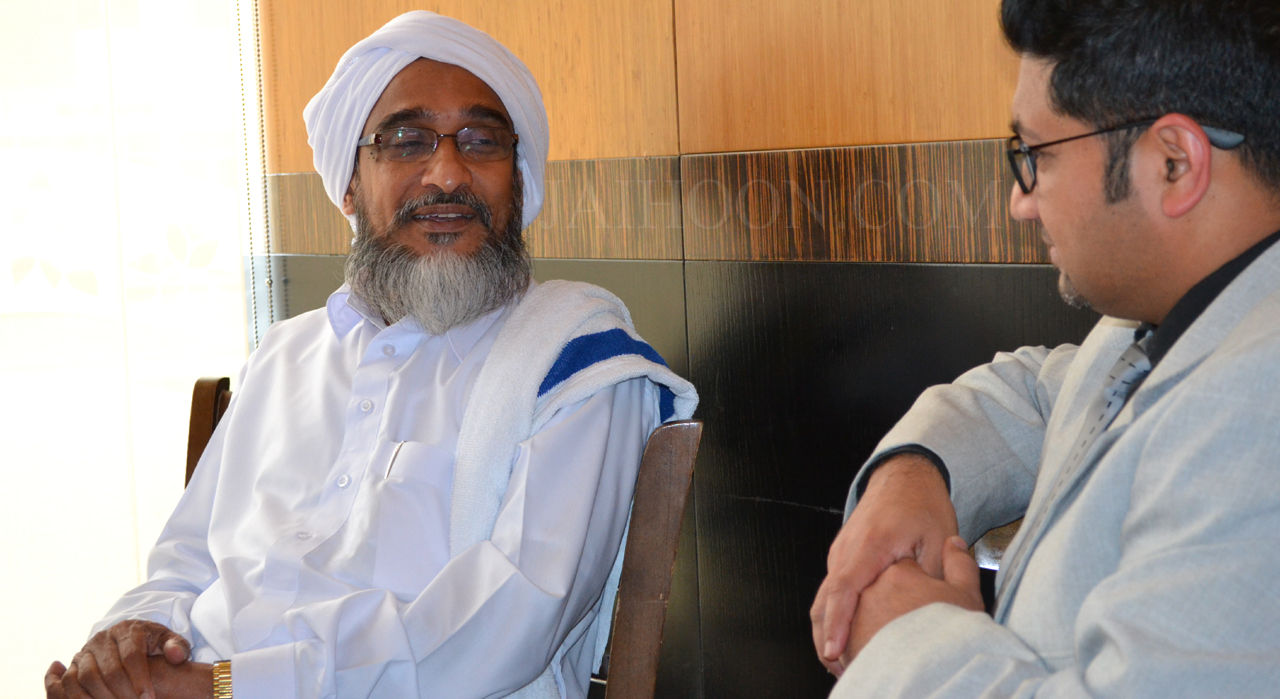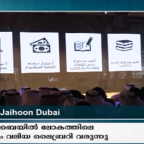Najeeb Moulavi, in a maverick conversation with Mujeeb Jaihoon, laments the organizational partisanship casting an infinite shadow in the making of able jurists in Muslim Kerala. March 17 2016.
Holy Trade Secrets
Transparency is often the most popular buzzwords in discussions related to social, political and business sciences. Government agencies and corporate managements often cite this keyword to sell their case to the public.
Unrestrained transparency is however not advisable in all fields at all times. Rather, it may become suicidal in certain contexts. ‘Trade secrets’, then, are therefore as ‘holy’ as transparency itself.
Differently-Aligned Moulavi
It had been a long cherished desire to meet with this ‘differently-inclined’ scholar and thus I decided not to say no to the opportunity of this informal gathering.
Though we had not met before, he did not show any sign of unfamiliarity. His conservatism was well-known in Kerala and in contrast with the mainstream religious heads, he is not a popular darling of the vast majority of the community. Though respected for his integrity and scholarship, his organization, due to historic reasons, only commands a limited subscription base in the awfully divided Muslim Kerala on organizational basis.
Najeeb Moulavi, as he is popularly known, is a passionate jurist, writer and orator, besides a definite debater capable of inflicting deadly blows on the ideological opponents with his soft-spoken yet war-worded logical reasoning.
Fatwa : To Rejuvenate the Creed
Just as physicians would talk of health and farmer about crops, I kicked off the conversation with him about jurisprudence. Elaborating on the rejuvenating role of jurisprudence, he said the word Mufti is derived from the root word فتاة meaning a young man. A fatwa, the legal opinion of a Mufti, should be aimed at renewing and restoring the freshness of the creed, not dragging it centuries backwards. And in this regard, it is quintessential to consider the diversity of human circumstances of those affected by the decree.
Street Fight in Scholars’ Name
In situations, which are not rare, when there are two or more different opinions in the same matter, the common man in his humble capacity should accept one but simultaneously respect the other as well.
Islamic history has countless occasions when there have been opposing verdicts in several matters of jurisprudence. But scholars’ differences are no excuse for commoners to start street fight in the name of loyalty to one against the other.
Islamic jurisprudence, as popularly accepted, is the compilation of the findings of chiefly four schools. ‘But notwithstanding, these could be 40 opinions within these four schools of legal thought. Even one scholar can have two opinions on a single issue during two phases of his life’, said Moulavi.
Enlightening on the status of differences among the Muftis of Kerala, Moulavi highlighted the issue of another kind. ‘The problem arises when the legal opinion of an individual scholar is generalized as the sole voice of his organization’. This, Moulavi believes, will set a dangerous trend in the field of legal interpretation. He cited few instances of such generalization which led to infinite splits in the ranks of Samastha Kerala Jamiathul Ulama, the mainstream Sunni Ulama body.
- Najeeb Moulavi
Forty Minds Not Equals Single Voice
The ‘Samastha’, according to Moulavi, was formed originally with the spirit of encompassing the diversity of legal opinions in the domain of Ahlussunnah creed, i.e. the four schools of Jurisprudence the twin schools of theology. Each ‘mushawara’ member, he further asserted, amongst the 40 members was free to hold his own independent legal opinion. Samastha, as a collective institution, could not, read more correctly as should not, have a single fatwa, insisted the radical scholar.
Kerala Islam’s Safe Mode
Commenting on the traditional Islamic learning in Kerala, Moulavi clarified that the scholars of the land don’t directly deal with the primary sources but through the established sciences of predecessors. The safe stand of not quoting Qur’an or hadith is to avoid any liability on the two infallible sources in case of conflict. The clergy refer to earlier law manuals by earlier experts when discussing or arguing a legal point in our religion. Accordingly, the either sides may or may not accept a particular scholar’s views, fallible at all counts, but desist from refuting the word of God or Messnger which would challenge his faith. This ‘safe mode’, insists the Moulavi, has tremendously helped to preserve the creed of Kerala Islam for centuries.
Moulavi is nevertheless aware of the limitations of this kind of methodology as he admits that Muslim scholars in other parts of the world follow a different norm, i.e. direct interpretation of the two infallible sources.
Organizational Rift & Intellectual Drift
Moulavi laments that the organizational partisanship casts an infinite shadow in the making of able jurists. Young scholars are not given the opportunity to benefit from any scholar other than their organization. They are warned against any attempt to collaborate with the intelligentsia of the opposite spectrum.
- Najeeb Moulavi
Comprehensive Education : Losing Both Worlds
Najeeb Moulavi was not shy of admitting that the hugely popular Religio-secular education tradition, religiously propagated by all groups, are sadly lacking proficiency in either domains. Alternatively, he suggests, that the cream of students from each institution could be selected to further in-depth study in religious sciences so that they establish as jurists for Islamic legal consultation. On the contrary, they either pursue oratory ambition or end up as desk clerks in private institutions.
Electrifying Oratory vs. True Scholarship
On the celebrity status of Islamic preachers in Kerala, Najeeb Moulavi sighs that only the little children and ignorant women could mistake them for scholars. In short, oratory skills are one and scholarship something other.
Unity
Najeeb Moulavi contends that the call and action for unity must be initiated from the side of commoners and unbiased members of the organization. Popular demand will force the top level leadership of every organization to reconsider the obstacles to unity and cooperation with one another. Leaders are in chains, not the people.
On Shamsul Ulama
Najeeb Moulavi was exceptionally blessed to have learned and associated with some of the finest Islamic scholars in Kerala, including direct tutoring under their guidance. Recalling the genius of late EK Abdu Bakr Musliar, populary known as Shamsul Ulama, he praised his commanding power in matters of differences and the unanimous acceptance of his scholarship among the learned. Although belonging to a different organization camp, he remarked, ‘EK could justify his doctrine backed by legal proofs’.
Concluding the Sour Talk on Sweet Note
Our maverick conversation had undoubtedly spilled some sour beans. Nevertheless we concluded our dinner on a sweet note as the hotel waiter brought the sugary delight to the gathering.
Every expert has a trade secret, including the delicious hotel who generously hosted us. Muslim Kerala’s sectarian scholars have theirs too. Fighting for Survival and Influence. Managing Funds and Power.
While parting, the critical scholar held my hand for a mild reminder. ‘Son! Respect the legacy of Samastha. I or you can never serve the community to their extend. Never do anything which will bring a blot on the auspicious Ulama body’.
- Najeeb Moulavi
Posted : March 20 2016
Photos by Haseeb Jaihoon







2 comments
It’s a great attempt from your side. Because Najeeb usthad, A Scholar which our society is seeking.
Very good. A special gift from you for those who doesn’t know about Najeeb Usthad, the ‘Shafie Imam of Kerala’.